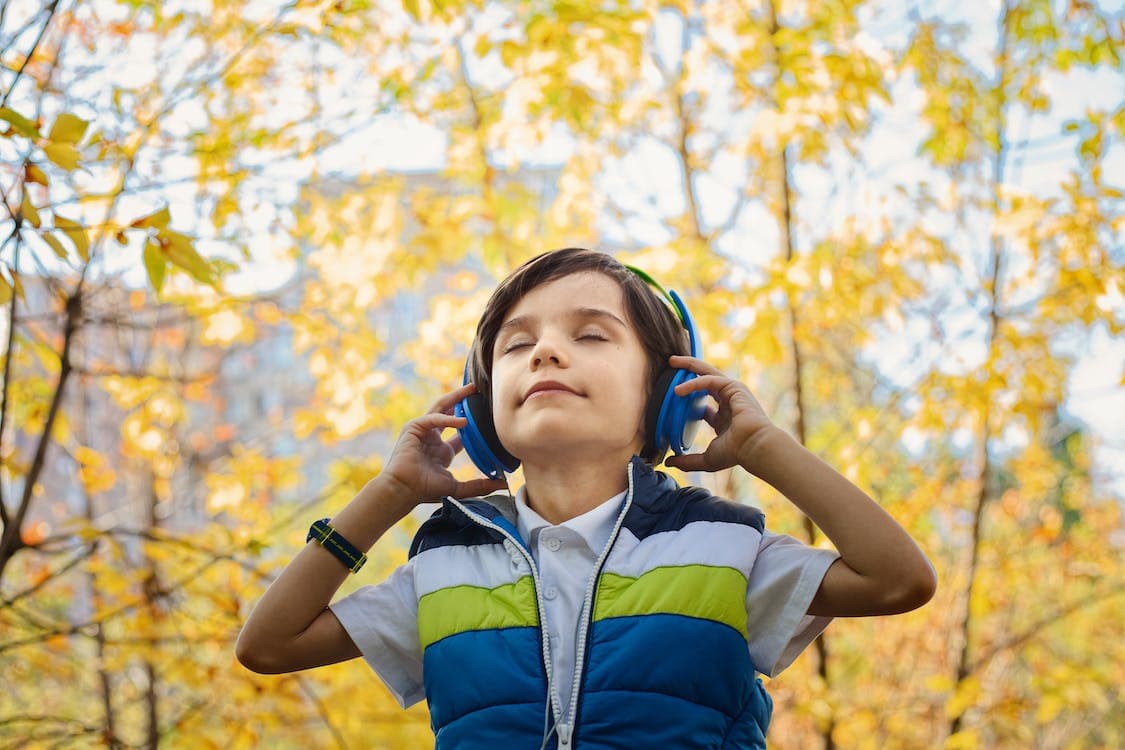
How Music Therapy Teaches Self-Control and More for Children With ADHD
Guest post by Chelsea Lamb
ADDitude recently released a publication on music therapy for people with ADHD. In the article, the author explains that music works in the brain to boost dopamine levels, which tend to be lower in people with ADHD. There are plenty of other benefits of music therapy, and today’s Unlock Your Sound post shares insight on how you can help your ADHD child by exposing them to this human art form.
Music In Our Society
Music is intrinsic to human nature. Our brains are hardwired to see and create patterns so that we can better connect with and understand the world around us. Music is also one of the quickest ways to change our mood, stimulate the mind and help us get a grip on our thoughts, behaviors, and social lives. For a person with ADHD, music can serve as a sort of anchor point, which can help them tremendously as they grow into adults learning how to manage this lifelong condition; a condition that can take a toll on their ability to interact with their peers and maintain meaningful relationships.
How To Help
As a parent with a child with ADHD, your first responsibility is to be there for them when they need you. This means setting aside time, even when you are busy. When your children feel as though they can come due for quality time, they will be more comfortable opening up when they have a problem. Make time for your family so that you can do activities together, such as listening to or playing music. You also want to carve out a few minutes each night at bedtime so that you can help them settle in for slumber.
Something else you can do is enroll them in lessons to learn a new instrument, refine their voice, or learn to dance. You might also spend time together visiting the murals throughout your own hometown. If you’re stuck at home on a rainy day, listen to classical music or even your favorite bands from childhood so that you can share something important to you with your kids.
If you choose to enroll them in instrument lessons, consider strings, woodlands, or percussion. Each of these has unique benefits for children with ADHD as they allow for some movement, which can help improve their focus.
Music And Social Bonds
Children with ADHD often struggle to make meaningful friendships, a topic that was discussed on the Scary Mommy blog. ADHD can cause kids to be impulsive and energetic and have trouble reading social cues. For this reason, they might get left out of birthday parties, sports groups, or other social situations. Music can help.
According to Berkeley’s Greater Good Magazine, music can enhance social bonds by encouraging cooperation, boosting oxytocin, enhancing our ability to empathize with one another, and bonding by culture. When children with ADHD perform music (or any other art form) with their peers, they work together on the same proverbial playing field. They can create bonds over something they both love, and that can make it easier for the children without ADHD to better accept the differences of the one with.
Music therapy can take place in any setting, from a therapist’s office to at home listening to music before bed. Where children get their exposure isn’t necessarily important, but making time for them so that you can help is. Remember, music is intrinsic to human nature, and it can help build bonds between individuals that will last a lifetime and transcend the issue of ADHD.
Guest post by Chelsea Lamb
Image via Pexels
This article was brought to you by Songcards
© 2025 Unlock Your Sound Ltd | Privacy Policy